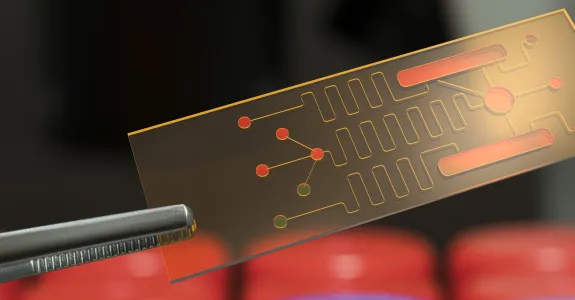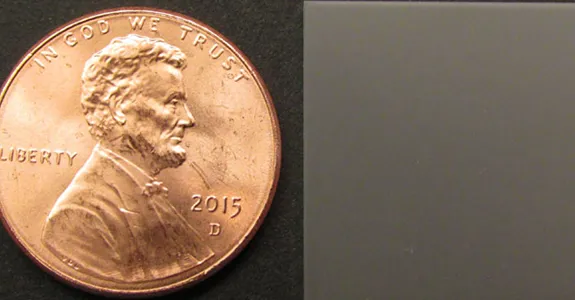
Dr. Herschlag studies mechanisms of biological catalysis by RNA and proteins, with the general goal of understanding how RNA and protein enzymes achieve their enormous rate enhancements and exquisite specificity. Mechanistic approaches are also being exploited to understand more complex biological processes, such as translation initiation, RNA chaperones, and the cellular behavior of RNA. Additional areas of investigation include catalysis of phosphoryl transfer by RNA and protein enzymes, model studies of phosphoryl transfer and hydrogen bond energetics, and RNA folding.
Their laboratory research is aimed at understanding the chemical and physical behavior underlying biological macromolecules and systems, as these behaviors define the capabilities and limitations of biology. Toward this end they study folding and catalysis by RNA, as well as catalysis by protein enzymes. Comparing and contrasting the behavior of RNA and protein systems highlights the unique features of these biological macromolecules and helps elucidate principles of folding and catalysis that may be fundamental to both class of functional macromolecules. Toward these ends, many biochemical and biophysical techniques are employed, both within the lab and through multiple collaborations. Finally, they are also involved in collaborative work with Pat Brown's lab aimed at unraveling the global logic and organization of RNA processing and organization. More detailed descriptions are available from their lab home page.







